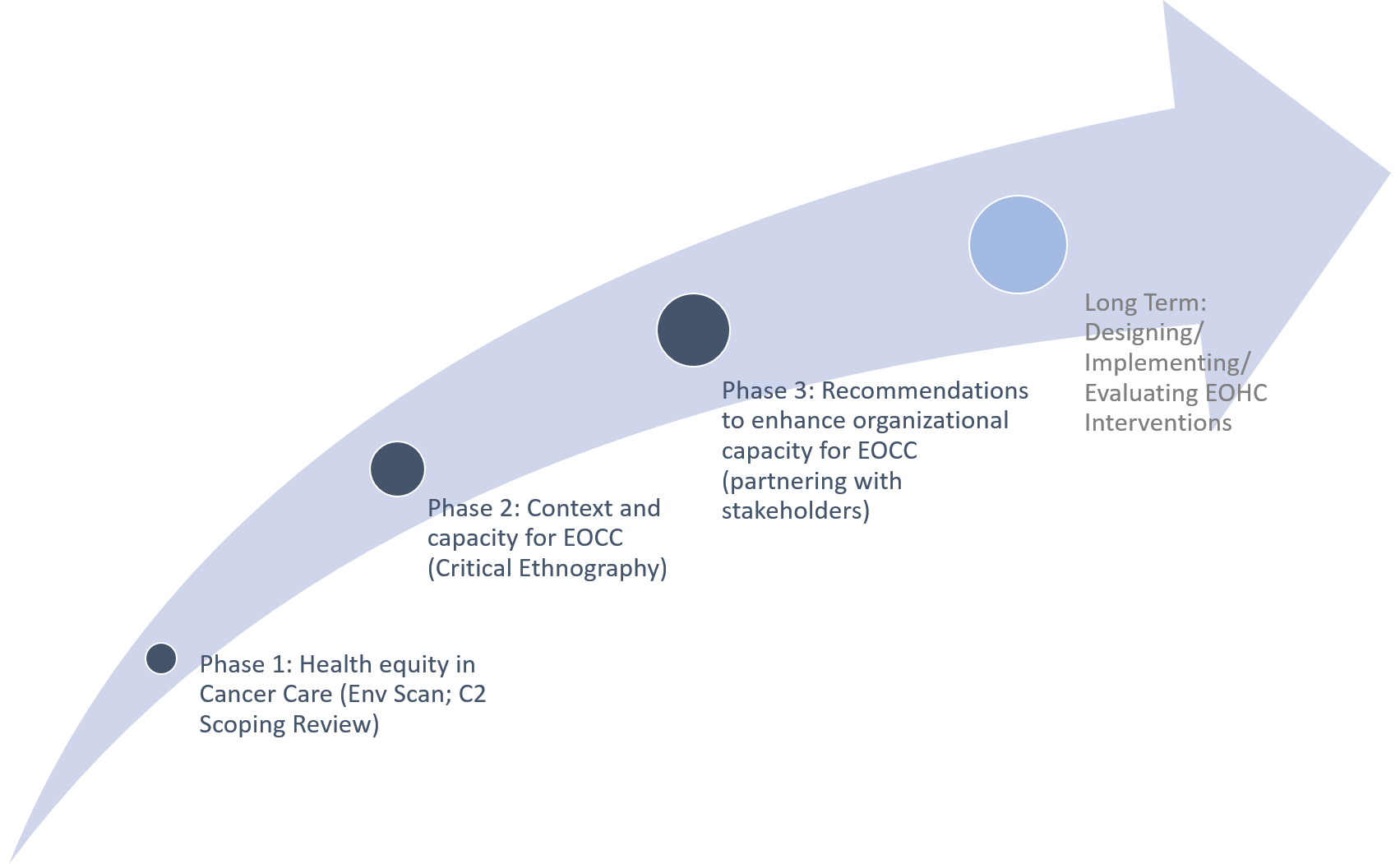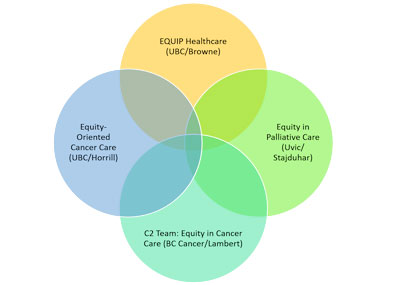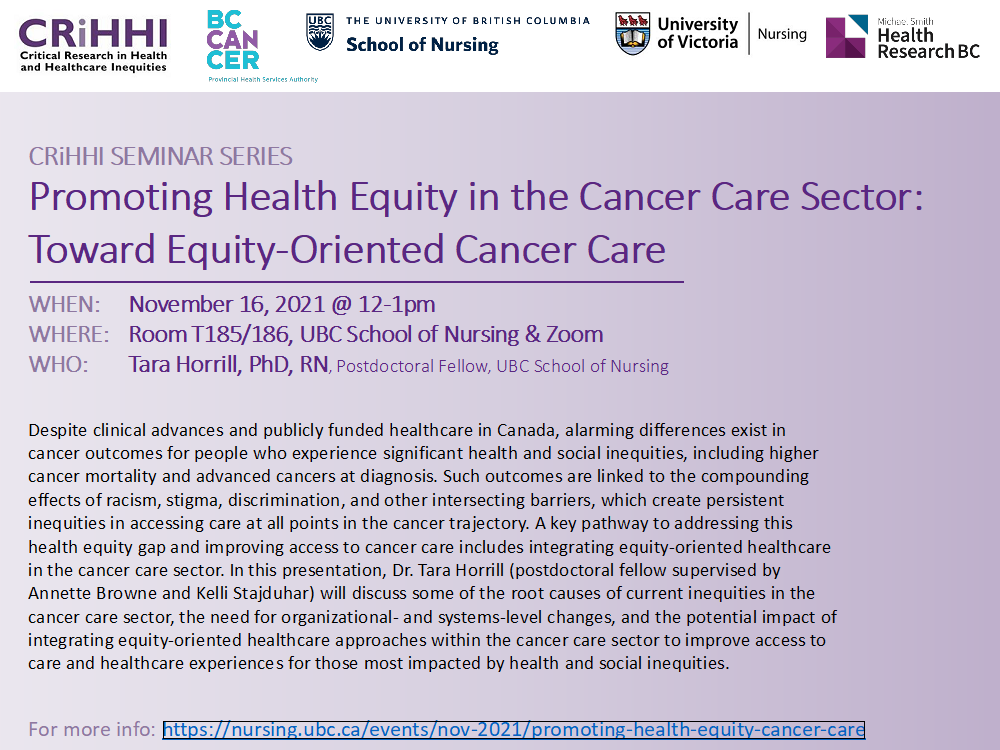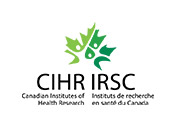


Rationale: There are alarming differences in cancer outcomes for people who experience health and social inequities. Because of racism, discrimination, stigma, and other barriers, people can experience extreme difficulties accessing cancer care, and can be diagnosed with cancers so late that they have higher rates of preventable and premature death compared to the rest of the population.
Equity-oriented healthcare aims to reduce the impacts of structural inequities (e.g., poverty), discrimination and stigma, and inequities that originate within the health care system itself – for example, mismatches between current approaches to cancer care and the actual needs of people affected by inequities.
Taking an equity-oriented approach to cancer care would start to address these differences in health outcomes. However, the environment in which health services are delivered has significant impacts on whether or how equity-oriented healthcare strategies are taken up, and this has not been studied within the context of cancer care.
Goal: The main goal of the EQUIP cancer care project is to improve cancer care for people who are experiencing significant health and social inequities. As a first step, we will improve our understanding of the factors that impact the uptake of equity-oriented healthcare strategies within cancer care.
As shown In Figure 1 to the right, the objectives that are guiding our research are listed below.
Objectives:
- Identify a range of policies, initiatives, strategies and interventions currently being implemented to support equity-oriented cancer care services in Canada and other countries
- Examine the organizational and contextual factors influencing capacity for equity-oriented healthcare within the cancer care sector in BC by:
- a. Exploring the experiences and perspectives of healthcare providers who are currently attempting to integrate equity-oriented healthcare in the care of marginalized people living with cancer, including those in the cancer care sector and those in community-based primary care
- b. Exploring the experiences of patients affected by health and social inequities who access or are attempting to access cancer care services
- Apply findings from objectives 1 and 2 to develop a set of recommendations focused on the resources, strategies and organizational infrastructure that will be needed to assist cancer care organizations in enhancing capacity for future equity-oriented healthcare interventions and advance a health equity agenda
Health Equity & Cancer Care: Research Collaboration
As shown in Figure 2 to the right, the Equity-Oriented Cancer Care project overlaps with a number of other projects, including:
• EQUIP healthcare program of research, and key dimensions of equity-oriented healthcare (UBC/Co-PI: Browne)
• Equity in Palliative Care program of research (University of Victoria/PI: Stajduhar): www.equityinpalliativecare.com
• Planning to enhance capacity for equity-oriented cancer care in BC (BC Cancer/PI: Lambert): https://www.msfhr.org/1/award/planning-enhance-capacity-equity-oriented-cancer-care-bc
Equity-Oriented Cancer Care
Watch Dr. Tara Horrill discuss inequities in the cancer care sector, and discuss how cancer care services could be better oriented towards equity: https://youtu.be/EQmtgcpu9lQ



